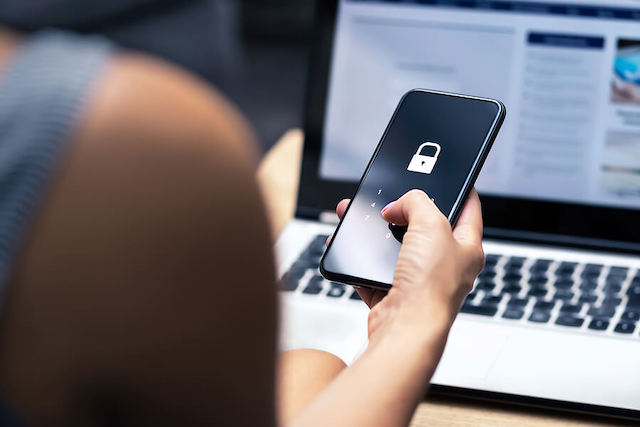- hello@group8.co
- 12 Marina View, Singapore

Passwords are essential to secure any personal or corporate information. However, with the increasing need for more robust password security, how much do we understand their importance? Do we have good-enough password hygiene that secures our digital assets? Below are some ways to incorporate careful measures as you craft your passwords.
Password hygiene refers to a set of guidelines to secure your passwords and the assets bound by them. Generally, the goal is to craft unique and strong passwords. If you utilise a simple password, your account naturally becomes more vulnerable to the danger of being hacked by cyber thieves through guess-and-check, social engineering or data breaches. As such, it is crucial to create and utilise complex and unique passwords for best practice.
For security purposes, it is vital to take extra-careful measures. As passwords can be leaked unknowingly through a data breach, it is crucial to remain vigilant and regularly change your passwords at least once a year. Additionally, if you have shared your password with a colleague for work, it is best to change it once the task has been completed.
It is good practice to create a password unique to your own for peak security and lower the risk of forgetting them in turn. Complex passwords are undoubtedly hard to remember, especially when stronger ones are more often than not alphanumeric. To create a password that remains difficult to guess for others yet never be forgotten by yourself, craft a password that links to a distinctive personal memory. Avoid including personal information in your password and predictable phrases, such as a quote from a classic film or a popular tune.
It is crucial to avoid the convenience of setting the same or similar passwords repeatedly across your accounts, including personal and work accounts. Although it may be convenient to use a single password for ease of usage, it can also translate to massive amounts of personal and business data loss once it is compromised. The reason is, a singular password would grant cyber thieves access to all of the accounts you owe.
Two-factor authentication or 2FA is a two-step verification process that presents an added factor in the authentication process to verify yourself. This method sees a user provide their password as the first factor before being prompted to pass a second, different stage — the vast majority being either another password, using a smartphone app to approve authentication requests or biometric recognition. This additional layer of security to the authentication process makes it difficult for cyber thieves to pass the authentication check, further protects your account from falling into the wrong hands and ensures that a password leak alone is less likely to contribute to data loss.
If you receive an unexpected OTP or security access code request, do not entertain them. Careless phone calls and text messages that request sensitive account information are common types of online fraud — for example, the vast majority of banks include disclaimers that state they will never ask for a customer to reveal their PIN or OTP. That said, mobile messages, hoax websites and suspicious emails may contain harmful links embedded that can corrupt and compromise both your device and your account in an instant and sometimes even without you knowing.
An unsecured Wi-Fi network is one you can access without a password. In ‘Work-From-Home hotspots’ such as cafés and libraries, the public networks offered are often open for any device to join. As such, hackers can exploit the unmonitored connection, snoop on data sent over your network and eventually steal information from both your device and your account. Exercise caution when logging into an unknown Wi-Fi network, especially when accessing highly confidential accounts while connected, such as your workspace or finance-related apps.
One of the best ways to remain ahead and in control of cyber thieves is to be aware of the latest trends in security threats and know how to spot them — from phishing scams to trends in malicious bots and malware. At the same time, remember to install antivirus software and web application firewalls for company networks for an added boost in your cybersecurity protections. Prevention is better than cure, after all.
As trivial as it may seem, practising good password hygiene is one of many significant cybersecurity practices that can go a long way in thriving in the intricate cybersecurity ecosystem. That is why at GROUP8, our team is committed to closing any security gaps while continuously conducting Research and Development (R&D) to boost and enhance our cybersecurity services in Singapore constantly. We offer you tried-and-tested products to increase web application security, cloud systems and more.